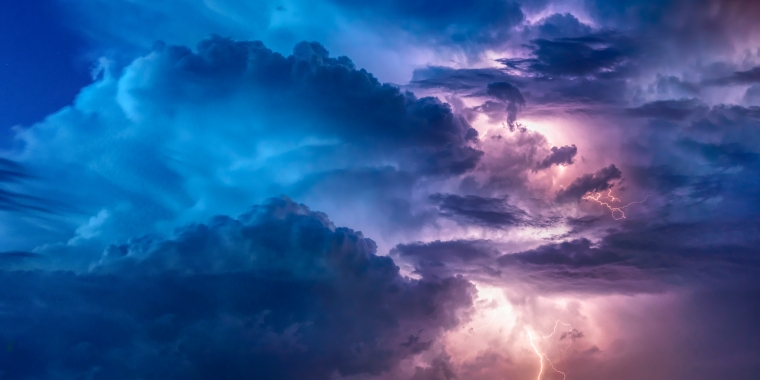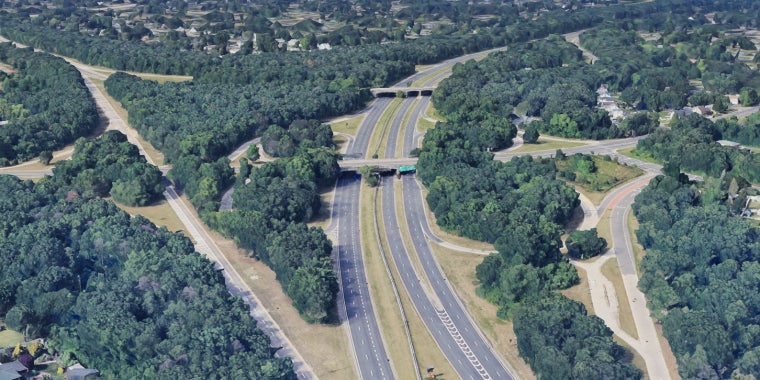
Weathering the Storm
June 4, 2025

This week marked the start of the 2025 Atlantic hurricane season, and New York State Sen. Monica R. Martinez is urging residents to use this time to prepare for the potential impact of a tropical disturbance.
"With its stunning coastline, Long Island is not only a destination for tourists but also for tropical weather systems," said Sen. Martinez. "Don’t allow a lack of emergency planning to create a perfect storm of misfortune this hurricane season. Prepare now so you and your loved ones are ready for whatever may blow our way."
According to the New York State Division of Homeland Security and Emergency Services, there are “Four Steps to Preparedness” before an emergency happens:
- Develop an emergency plan: Create a plan for what to do at home, and learn about plans at your workplace, school or anywhere your family spends time. Include emergency contact information for friends and family members, both local and out of town.
- Build an emergency supplies kit: During an emergency, electricity, heat, air conditioning or telephone service may not work. Be prepared to make it on your own for at least 10 days. Learn what emergency tools and supplies you should include in your kit.
- Be aware: Sign up for NY-ALERT to receive emergency notifications. Learn about other resources that can provide updated information during an emergency. Pay attention to the news and know your surroundings.
- Get involved: Affiliate with a recognized disaster volunteer organization such as the American Red Cross or the Salvation Army before a disaster. Getting involved ahead of time increases your ability to help when needed. After a disaster, before going directly to volunteer at a relief organization, hospital or disaster site, wait for instructions from local officials or check with specific organizations. Be patient—many people often wish to volunteer after a disaster, but there may be a greater need for help weeks or months later.
For specific recommendations for each step of planning, please visit: https://www.dhses.ny.gov/before-emergency.
The New York State Department of Health also recommends the following to get ready for a hurricane or other tropical systems:
- Have plenty of nonperishable food and water on hand. Make sure battery-operated radios and flashlights are available, along with an ample supply of batteries. Hand-cranked flashlights and radios that do not need batteries may also be useful. Have a first aid kit and an adequate supply of prescription and over-the-counter medications.
- Know how to contact all family members at all times. Identify an out-of-town friend or family member to serve as the "emergency family contact," and make sure all family members have that number. Designate a family emergency meeting place in case you can’t go home.
- Pay special attention to relatives with special needs, small children and pets. Know where to relocate pets during a storm, as most shelters will not accept them. Only “service animals” that assist people with disabilities are permitted.
- Prepare an emergency phone list of people and organizations who may need to be contacted. Include children’s schools, doctors, child or senior care providers, and insurance agents.
- Follow emergency broadcasts on local radio and TV stations, which will provide up-to-date official information during a storm, including evacuation recommendations.
- Learn about the emergency plans in place in your community and how you will be notified during an emergency.
- Know the hurricane risks in your area and be familiar with the storm surge history and elevation of your neighborhood.
- Store important documents such as insurance policies, medical records, bank account numbers and Social Security cards in waterproof containers. Also have cash (in small bills), a checkbook, and credit and ATM cards ready.
After a storm, keep away from downed wires and call PSEG Long Island at 800-490-0075. Wires should always be considered live. Downed power lines often do not spark or give other indications that they are still electrified but are often still energized so stay away and keep others, children, and pets from going near the wire.
Residents are reminded hurricane season runs through Nov. 30, but severe weather events can occur at any time of year. Always stay alert and prepared.



